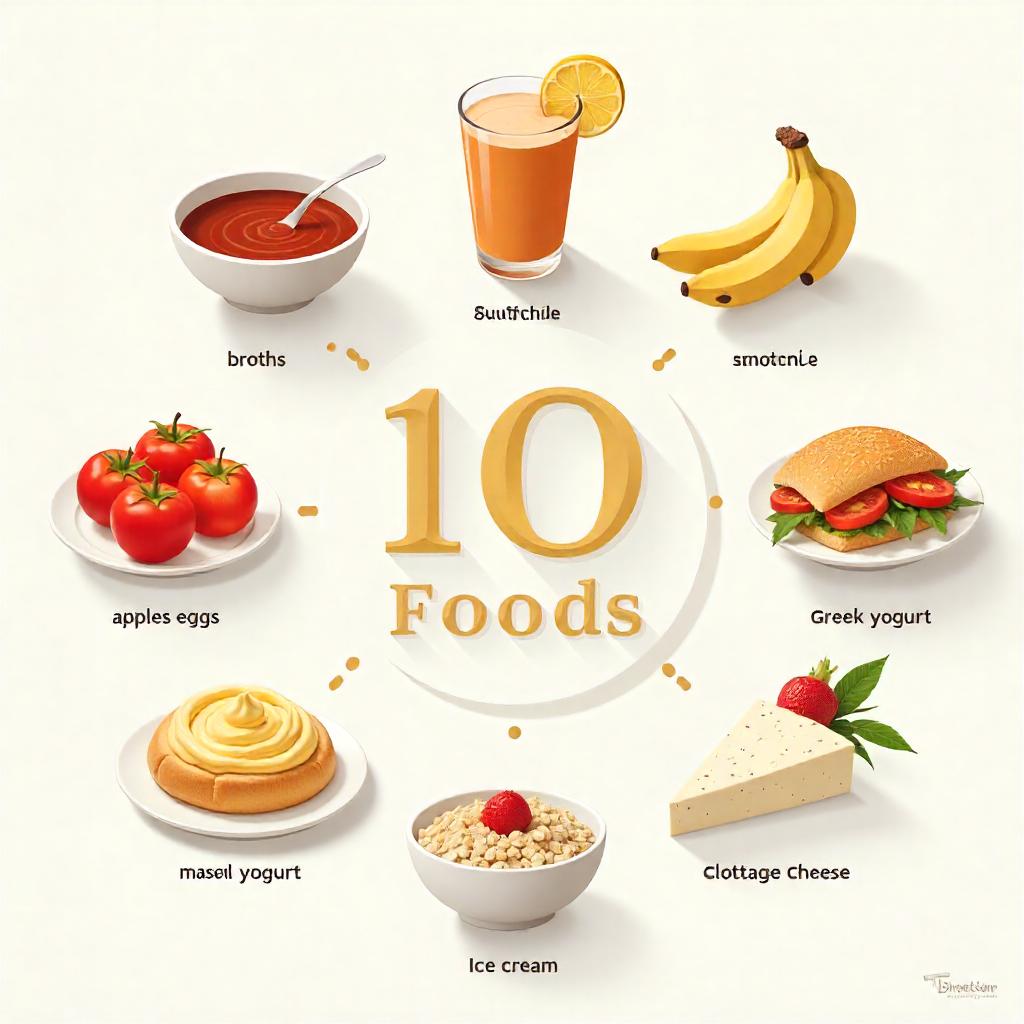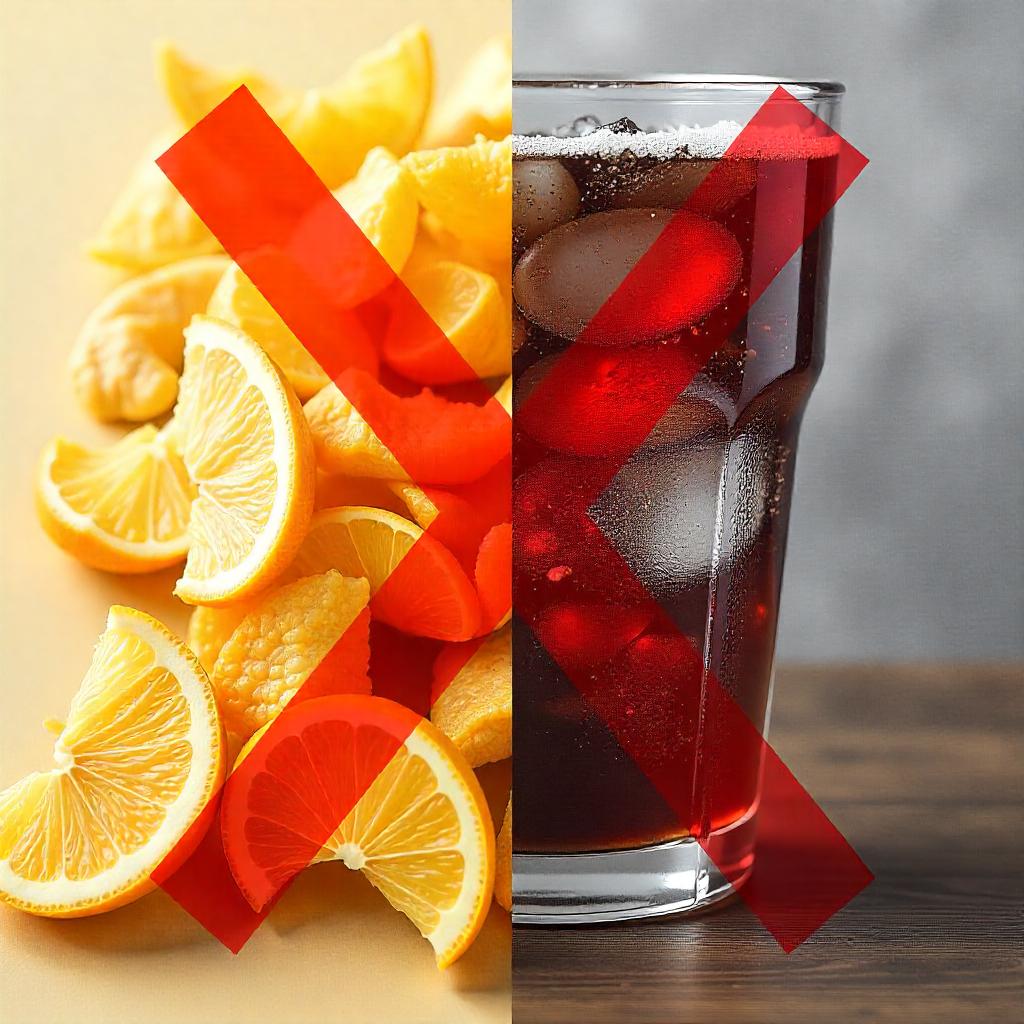Recovering from oral surgery requires careful attention to your diet. Selecting the right soft foods not only eases discomfort but also promotes faster healing, prevents complications, and ensures your body gets the nutrients it needs. This guide details the best soft foods to include after oral surgery, their benefits, and tips to make your recovery as smooth as possible.
Why Soft Foods Are Essential for Recovery
After oral surgery, your mouth is in a delicate state. Chewing hard or crunchy foods can irritate the surgical site, delay healing, or even dislodge blood clots, leading to complications such as dry socket. Soft foods, on the other hand, minimize strain on your teeth and gums, reduce pain, and help protect the surgical areas while still providing vital nutrition.
Eating soft foods ensures your body has the building blocks needed for tissue repair, helping you regain strength while keeping your recovery on track.

Top Soft Foods for Post-oral Surgery Recovery
When planning your recovery diet, opt for foods that are soft in texture, easy to swallow, and packed with nutrients. Here’s a list of highly recommended options:
1. Mashed Potatoes
Mashed potatoes are a classic comfort food and an excellent option for post-surgery meals. They are smooth, easy to prepare, and can be enriched with butter or cream for extra calories, which are often needed during recovery.
- Tip: Ensure the mashed potatoes are served warm, not hot, to avoid irritation.
2. Smooth Soups
Blended soups like cream of tomato, squash, or pumpkin are perfect for maintaining hydration and nutrition while being gentle on your mouth. They often contain a variety of vitamins and minerals essential for recovery.
- Tip: Avoid soups with chunks or hard textures. Puree the soup until it has a smooth consistency.
3. Scrambled Eggs
Soft, scrambled eggs are a fantastic source of protein, which aids in tissue repair. They’re light, easy to chew, and can be prepared quickly.
- Tip: Add in soft cheese or milk to make the eggs extra fluffy and nutrient-rich.
4. Applesauce
Unsweetened applesauce offers a mildly sweet option for dessert or a snack. It’s rich in fiber and vitamins like vitamin C, which support immune function and tissue healing.
- Tip: If you prefer homemade applesauce, blend cooked apples to a smooth texture for added freshness.
5. Yogurt
Yogurt, especially Greek yogurt, is packed with protein and probiotics. These can help maintain a balanced gut microbiome, which plays a role in overall recovery. Opt for plain varieties to avoid excessive sugar.
- Tip: For a more enjoyable texture, mix in a soft fruit puree like banana or mango.
6. Smoothies
Smoothies are a versatile post-surgery food option. They can be tailored to include essential vitamins, minerals, and proteins by blending ingredients like yogurt, milk, and soft fruits.
- Tip: Avoid using seeds or fibrous fruits like berries or pineapple, as they may irritate your surgical site.
7. Oatmeal
Cooked oatmeal is gentle and filling, making it a great breakfast option. It provides carbohydrates and fiber to keep you energized while recovering.
- Tip: Opt for a softer, creamy consistency by adding extra liquid during cooking.
8. Cottage Cheese
Cottage cheese is soft, low in fat, and high in protein, making it an ideal snack or side dish. Its mild taste and creamy texture won’t irritate your healing gums.
- Tip: You can enhance the flavor by adding a small amount of honey, if tolerated.
9. Mashed Avocado
Rich in healthy fats, avocados offer a creamy and nutrient-packed option. They’re high in vitamins like vitamin K and folate, which play essential roles in healing.
- Tip: Mash the avocado thoroughly, and avoid adding spicy or acidic ingredients.
10. Protein Shakes
Protein is critical for tissue repair and recovery. Shakes can provide this nutrient in an easy-to-digest form, especially if normal eating feels challenging.
- Tip: Choose high-quality powders designed for recovery and avoid adding ice or very thick textures that could strain the surgical area.

Foods to Avoid After Oral Surgery
Certain foods can slow down your recovery or even cause complications, so it’s crucial to steer clear of these during your healing period:
- Crunchy Foods: Chips, crackers, nuts, and raw vegetables can irritate surgical sites and dislodge blood clots.
- Sticky Foods: Chewy candies or caramel can stick to sensitive areas and are difficult to remove.
- Spicy Foods: These can cause burning or irritation, delaying healing.
- Hot Foods and Beverages: Excessive heat can damage delicate tissues and increase swelling.
- Alcohol and Carbonated Drinks: These beverages can disrupt the healing process and irritate surgical areas.
Practical Eating Tips for a Smooth Recovery
Maximize your recovery and minimize discomfort with these helpful tips:
- 1. Take Small Bites: Reduce strain on your jaw by eating small portions and chewing slowly.
- 2. Chew on the Opposite Side: If you had surgery in one area of your mouth, focus on using the unaffected side for any chewing.
- 3. Avoid Straws: Using straws can create suction that may dislodge blood clots, leading to dry socket.
- 4. Stay Hydrated: Drink plenty of water to prevent dehydration, which can slow healing.
- 5. Prioritize Holistic Nutrition: Even with soft foods, aim to include a mix of proteins, healthy fats, and carbohydrates to support a balanced recovery.
When to Seek Professional Advice
Although some discomfort after oral surgery is normal, certain symptoms may signal complications. Contact your dentist or oral surgeon if you notice:
- Excessive swelling or tenderness after 48 hours
- Sudden, severe pain at the surgical site
- Persistent bleeding or signs of infection such as pus
- A fever or headache that doesn’t subside
Prompt medical attention ensures continued healing and prevents further complications.
Long-term Dietary Considerations Post-Recovery
Once your healing is complete, maintain long-term oral health by making mindful dietary choices:
- Incorporate calcium-rich foods like dairy products and leafy greens to strengthen teeth.
- Continue eating fresh fruits and vegetables to promote gum health and reduce plaque buildup.
- Limit sugary foods and beverages to prevent tooth decay.
Paired with regular dental check-ups, these habits help ensure your oral health remains in top condition.
Final Thoughts
Eating the right soft foods after oral surgery will not only ease your immediate recovery but also set the stage for lasting oral health. Stick to bland, smooth options, avoid problematic foods, and follow the specific instructions provided by your dental professional. With proper care and a recovery-friendly diet, you’ll be back to your usual routine in no time.




